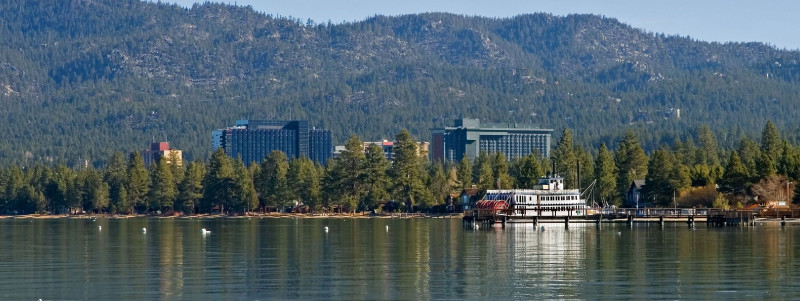
In the municipality of South Lake Tahoe in California, officials have created specific processes for property owners who want to rent a property for less than 30 days. These types of short-term rentals are often advertised on services like Airbnb or VRBO.
One of the reasons that city leaders make these sorts of rules is that a host of short-term rentals can change the character of a neighborhood. There are all sorts of relevant questions about occupancy, noise, trash and other issues that should be properly regulated by public officials. That’s why Airbnb monitoring in South Lake Tahoe and elsewhere is important.
Airbnb Monitoring in South Lake Tahoe: Rules on Short Term Rentals
In South Lake Tahoe, short-term rentals must be legitimatized by a permit called a “vacation home rental permit.” Property owners also have to secure a transient occupancy tax (TOT) registration certificate. That’s in addition to a business license for any multi-family rental.
For each permit that is issued, a zoning department will review the proposal and hold public hearings to provide input from neighbors. It’s not an automatic process – there are checks and balances in place to screen the emergence of short term rentals on the market. There’s also an annual renewal process for these rentals.
The new short term rental laws are creating a new problem in Lake Tahoe as many homes are vacant as a result of increased fees. As a recent report done by Sacramento State University points out, concerns about short-term rentals are far from addressed by current laws.
By putting in place these types of rules, city authorities are helping to ensure that short-term rentals and vacation home rentals are properly controlled. However, not everyone is going to abide by these rules, and it’s possible to see illegal subletting going on in South Lake Tahoe. New digital resources can help landlords to pursue Airbnb monitoring in South Lake Tahoe, to make sure their properties are not being illegally sublet on a “shadow housing market.”
